Summary
- Japan’s Fair Trade Commission is investigating complaints of unfair practices in the anime industry.
- Animators in Japan join productions as freelancers, prompting investigations into low wages and unreasonable work conditions.
- UN report reveals animators’ low salary disparity with industry profits, prompting reactions from industry associations.
The working conditions of animators in Japan have long been a theme of heated debate – while major studios today invest in AI, alleging “work shortages”, animators have been vocal about low pay and exhaustive working routines.
For example, to many fans, studio MAPPA (Chainsaw Man, Jujutsu Kaisen) is like a symbol of it, due to the long history of controversies involving the work environment of the studio. However, even if most of the allegations are true, MAPPA would probably be one among many with similar practices.
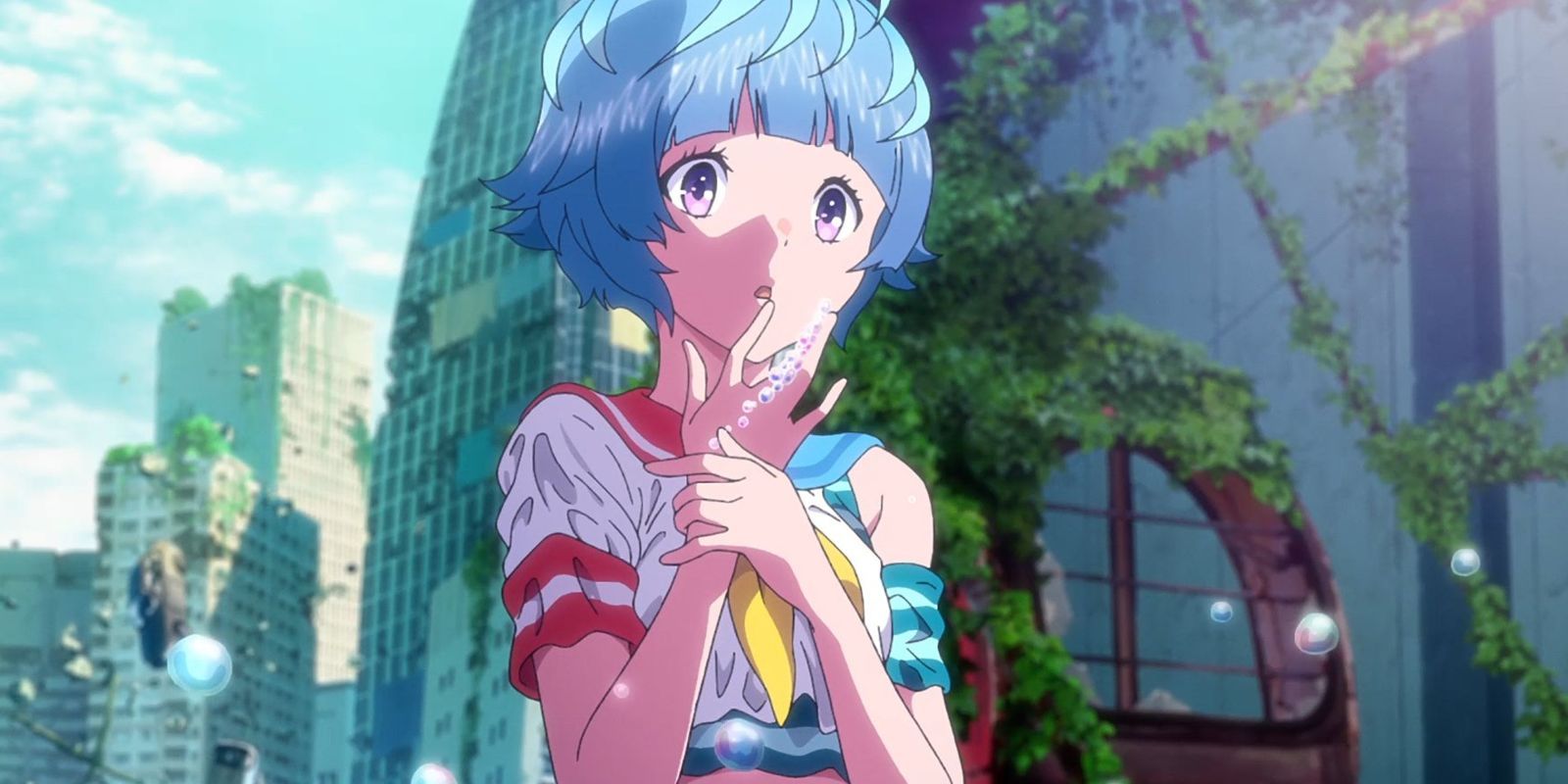
Related
Is There An “Anime Bubble” on the Verge of Bursting?
A few industry insiders seem to think the anime industry is a bubble that might burst soon. Do we have any signs?
On January 29, Japan Fair Trade Commission (JFTC) – the governmental competition regulator in the country – announced that it is investigating allegations of unfair practices in the entertainment industry (anime and film industries, specifically).
What Exactly Is This Investigation For?
The focus of this investigation is transactions between “creatives” (like animators, but it could involve manga authors that license their works to adaptations and maybe outsourced studios) and production companies – as weird as it may sound for some (as animators would be workers), many animators likely join productions as freelancers or subcontractors, so their relationship with the companies is technically one of transactions/trades, and not of employer-employee.
The agency does not claim there is any kind of abuse or exploitation in the industry, but it’s trying to understand the bigger picture – for now, this is only a survey. They are asking creators to submit relevant information for their investigations, and likely, production companies will be able to respond to any allegation.
On the official website, the agency claims that it aims to support creators and help establish an environment in which they can maximize their potential. According to Asahi Shimbun, they want to check if profits are “properly returned”, but are still understanding the scenario.
Issues to be investigated include unfair low wages potentially forced by clients, unreasonable requests for retakes without compensation, cancelations with no clear reasons, complicated schedules and so on.
Anime Industry vs Animators and the UN
In May 2024, the United Nations issued a report in which it brought attention to the disparity between the annual average salary of animators (1.5 million yen) and the profits in the anime market (2.74 trillion yen) and other issues of the industry.
The Association of Japanese Animations (AJA), which represents the production companies, responded to it, claiming animators work on average 50 hours a week, less than the legal maximum (54 hours a week), based on a 2023 report by Nippon Anime & Film Culture Association (NAFCA), an organization focused on improving working conditions in the industry.
NAFCA, however, responded to AJA, claiming that they have calculated the number using a more positive approach, and that the median hours animators work per week is around 53 (median values are less susceptible to extreme values than average values), which despite being below the legal maximum, is an alarming number, per Animenomics. NAFCA also claims that the average hourly wage of animators is below Tokyo’s minimum wage.
The Japan Fair Trade Commission is still asking for “creatives” to submit information to understand the bigger picture.
Source: Automaton Media, Asahi Shimbum
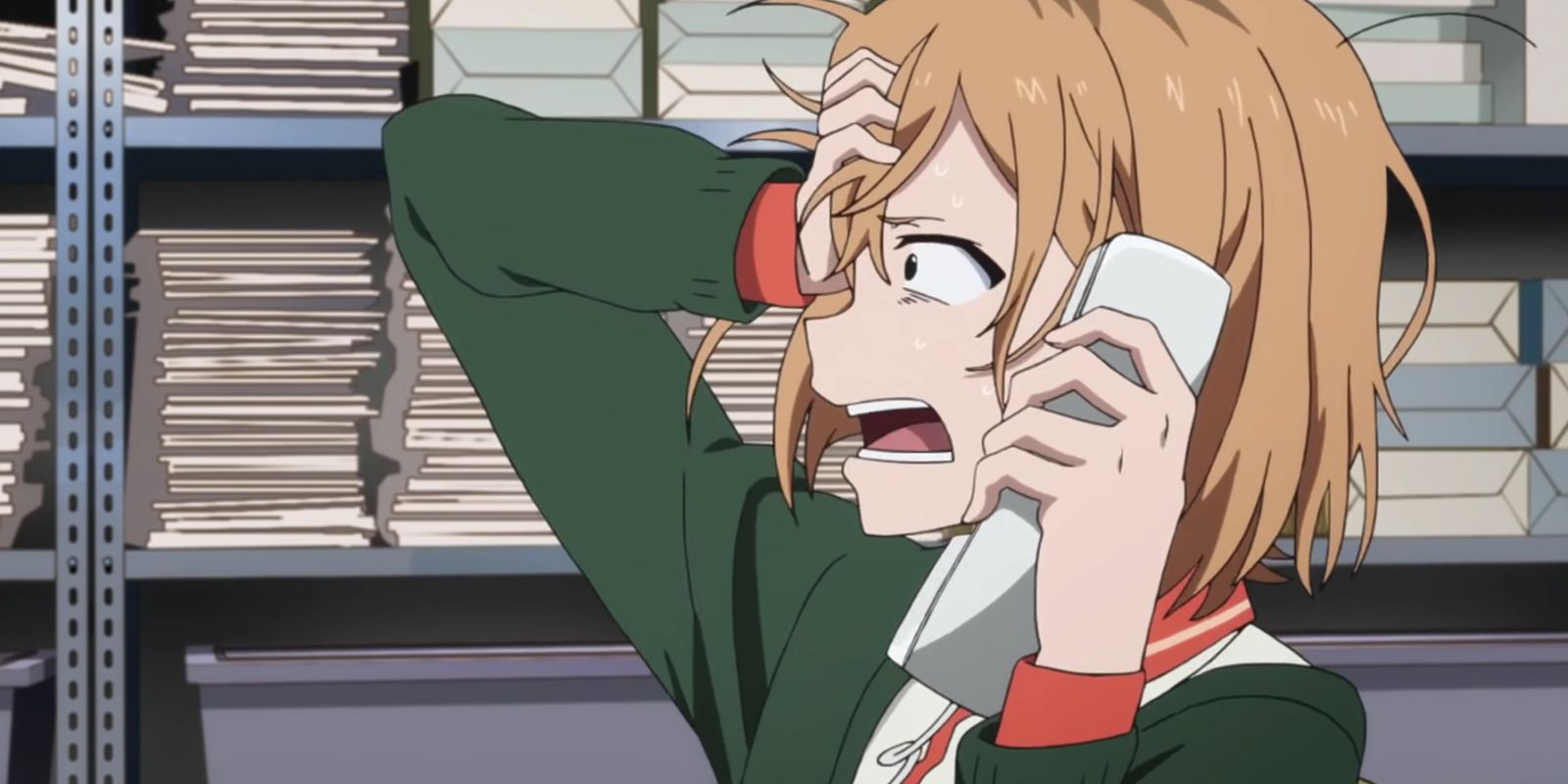

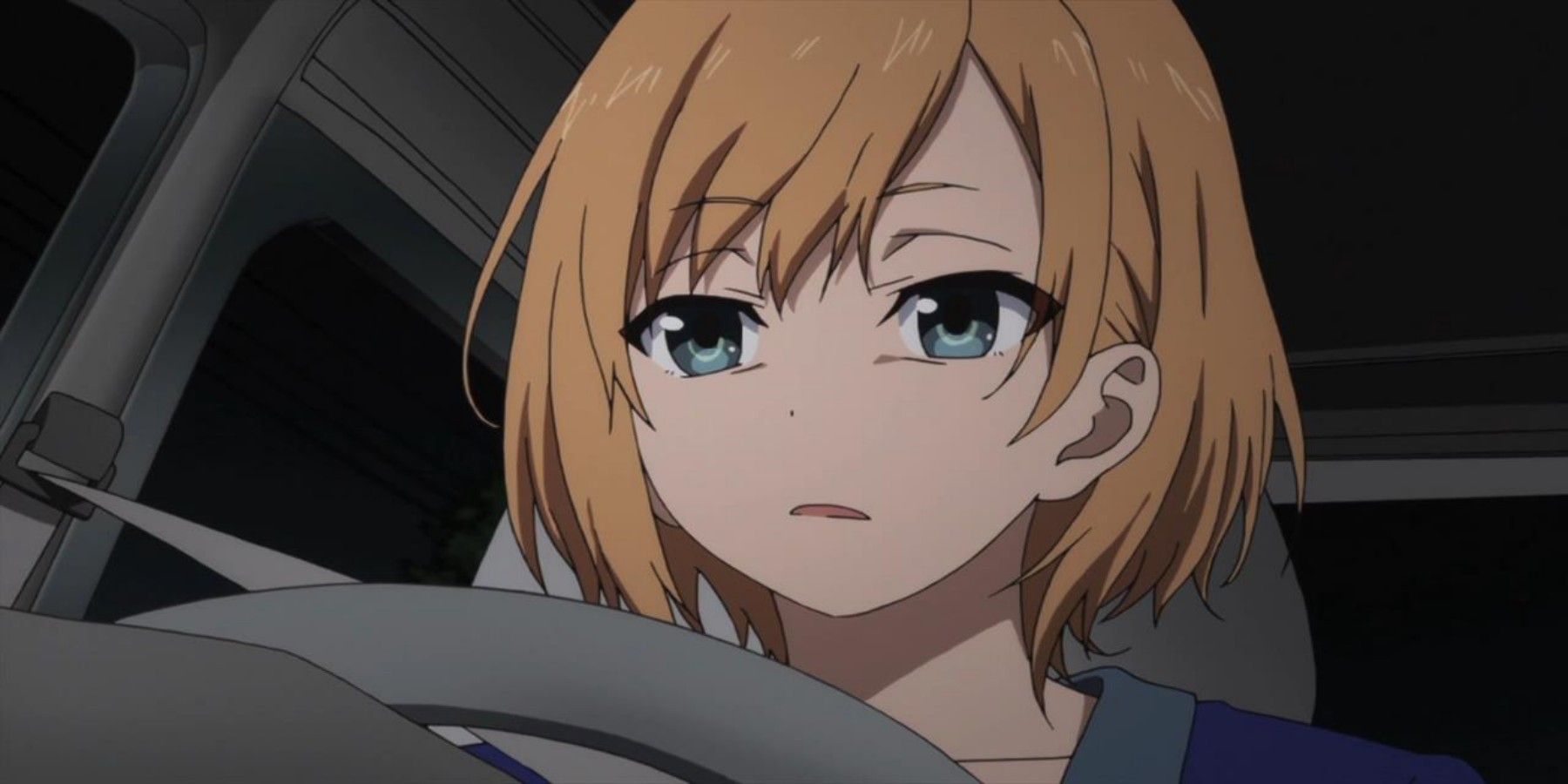


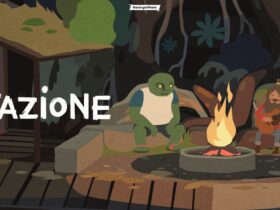






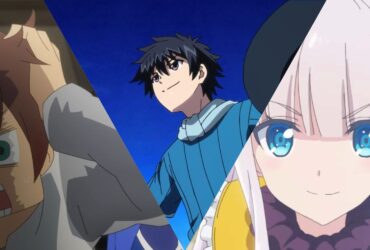
Leave a Reply